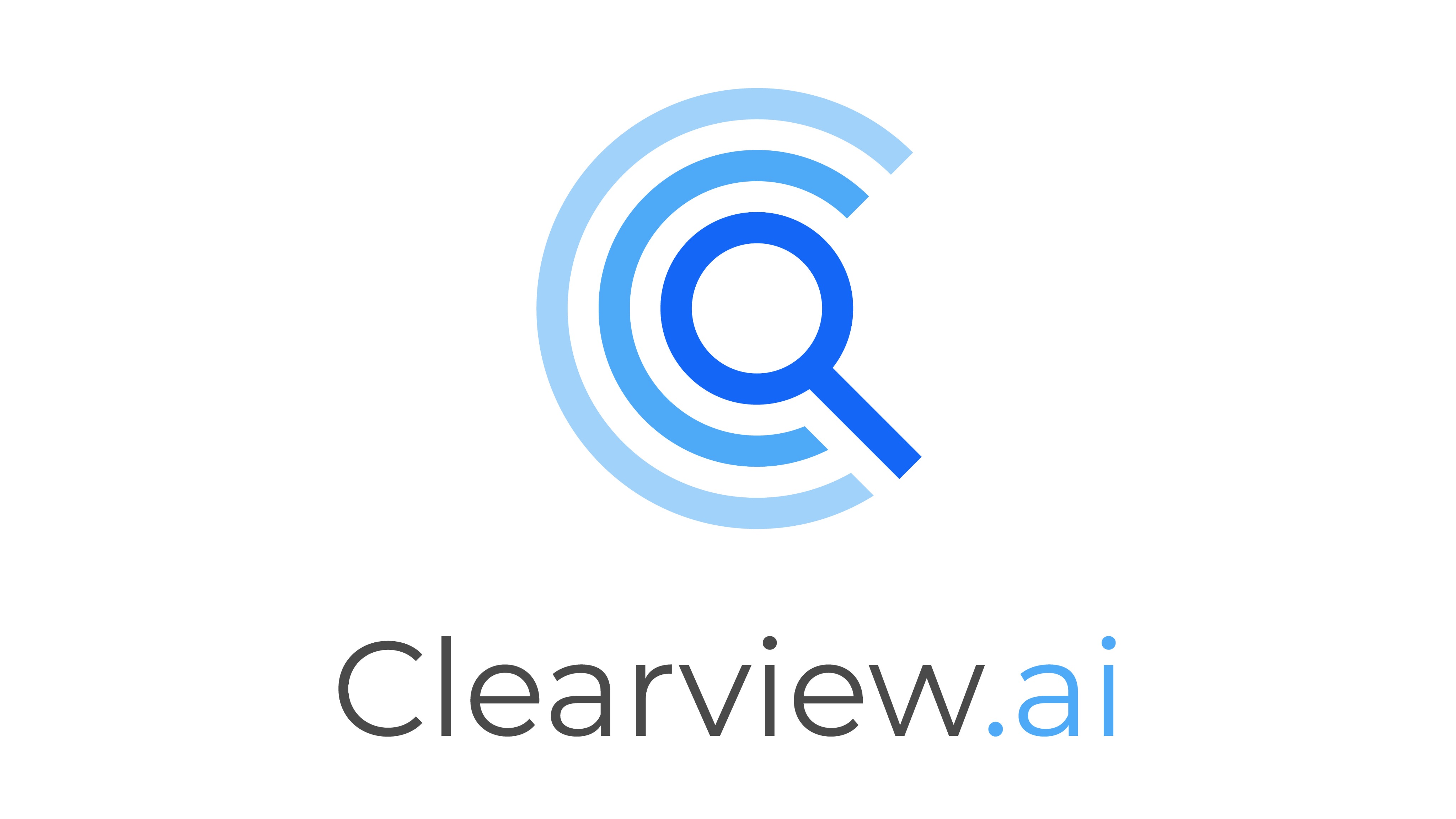Safran, the French multinational aerospace and defence company, has announced its acquisition of Preligens, a leading artificial intelligence (AI) firm, for €220 million.
Preligens, known for its AI-driven analytics solutions in aerospace and defence, will be rebranded as Safran.AI and integrated into Safran Electronics & Defense.
Founded in 2016 by engineers Arnaud Guérin and Renaud Allioux, Preligens has quickly established itself as a leader in the application of AI to geospatial data. The company develops advanced algorithms and software that automatically detect and identify military-relevant objects using satellite imagery. Preligens employs over 220 staff across its offices in Paris, Rennes, and Washington DC, making it one of the largest AI teams in the Western world focusing on high-end vision and acoustics.
Franck Saudo, chief executive officer of Safran Electronics & Defense, expressed enthusiasm about the acquisition, stating, “We’re delighted to welcome Preligens to the Group. By combining our strengths, we’re determined not only to support the development of Preligens’ AI solutions, but also to jointly open up entirely new areas of AI application in aviation, defence, and space.”
The acquisition marks a significant step in Safran's digital transformation strategy. Safran intends to leverage Preligens’ AI capabilities to enhance its offerings in surveillance and identification within the defence and space sectors. The company also plans to apply Preligens' AI solutions to Industry 4.0, including the use of AI-powered image analytics to assist in quality control processes by identifying anomalies in critical parts.
Jean-Yves Courtois, chief executive officer of Preligens, added: “Joining Safran marks a new stage in Preligens’ development. The many synergies with Safran will enable us to develop new AI product lines and accelerate our international expansion, which is excellent news for our business and our people.”
Latest News
-
Universal Music Group partners with Nvidia to create antidote for 'AI slop’
-
East of England Co-op finalises test of digital shelf edge communication platform
-
Barclays makes strategic investment in Ubyx
-
XFusion hires Chinese investment bank in preparation for IPO
-
UK orders X to tackle Grok deepfake abuse as Ofcom steps in
-
Intel bets big on 18a with Panther Lake as rivals tout AI gains
The future-ready CFO: Driving strategic growth and innovation
This National Technology News webinar sponsored by Sage will explore how CFOs can leverage their unique blend of financial acumen, technological savvy, and strategic mindset to foster cross-functional collaboration and shape overall company direction. Attendees will gain insights into breaking down operational silos, aligning goals across departments like IT, operations, HR, and marketing, and utilising technology to enable real-time data sharing and visibility.
The corporate roadmap to payment excellence: Keeping pace with emerging trends to maximise growth opportunities
In today's rapidly evolving finance and accounting landscape, one of the biggest challenges organisations face is attracting and retaining top talent. As automation and AI revolutionise the profession, finance teams require new skillsets centred on analysis, collaboration, and strategic thinking to drive sustainable competitive advantage.
© 2019 Perspective Publishing Privacy & Cookies








Recent Stories